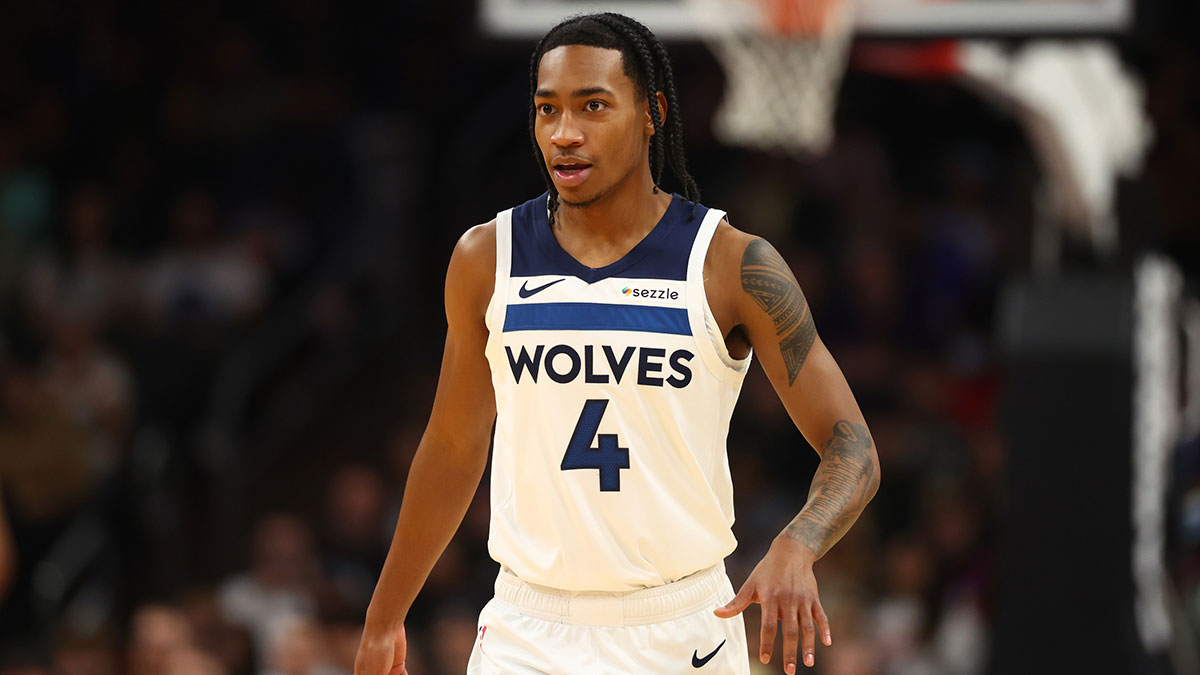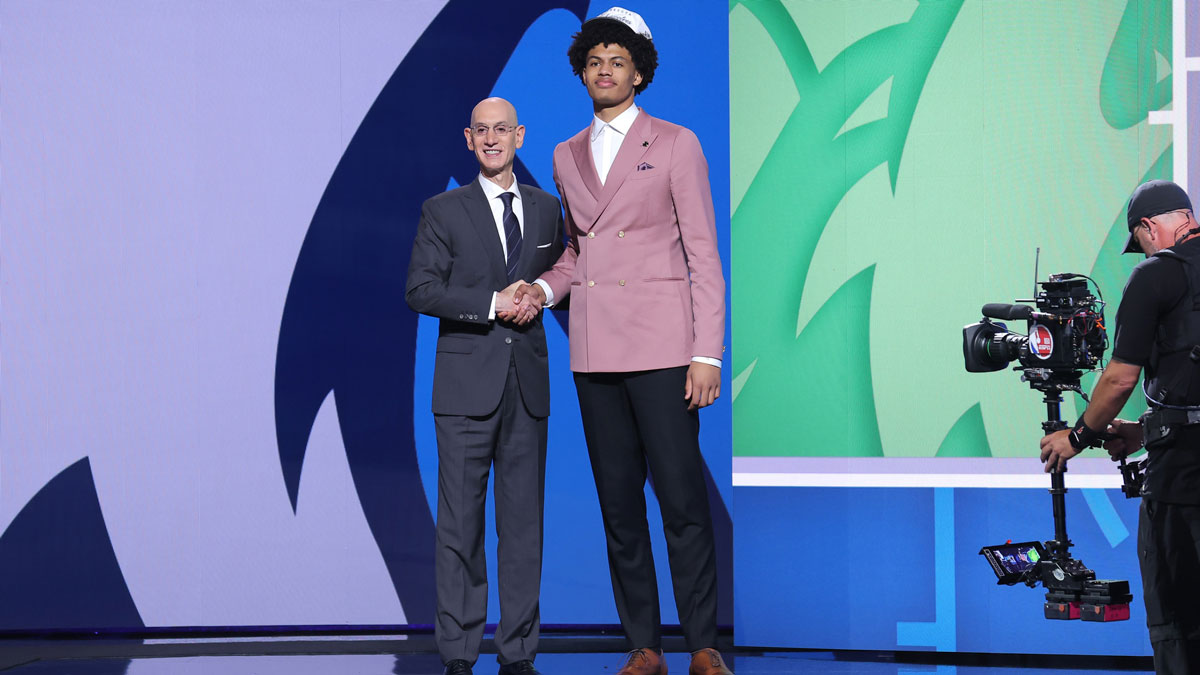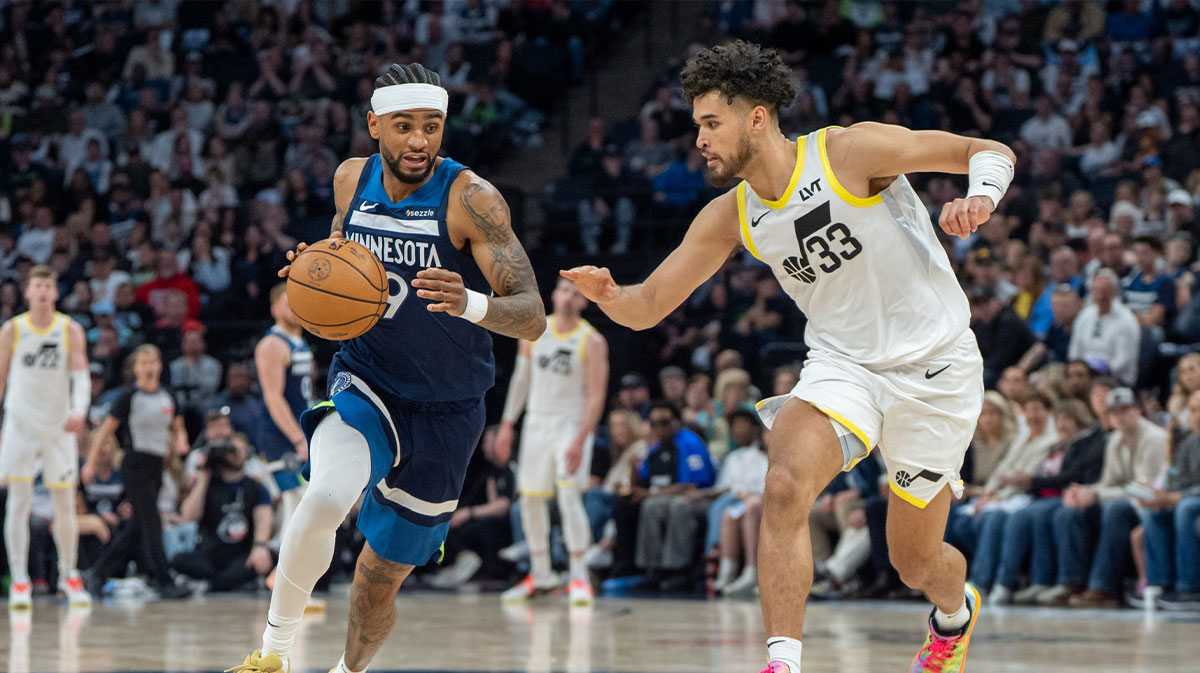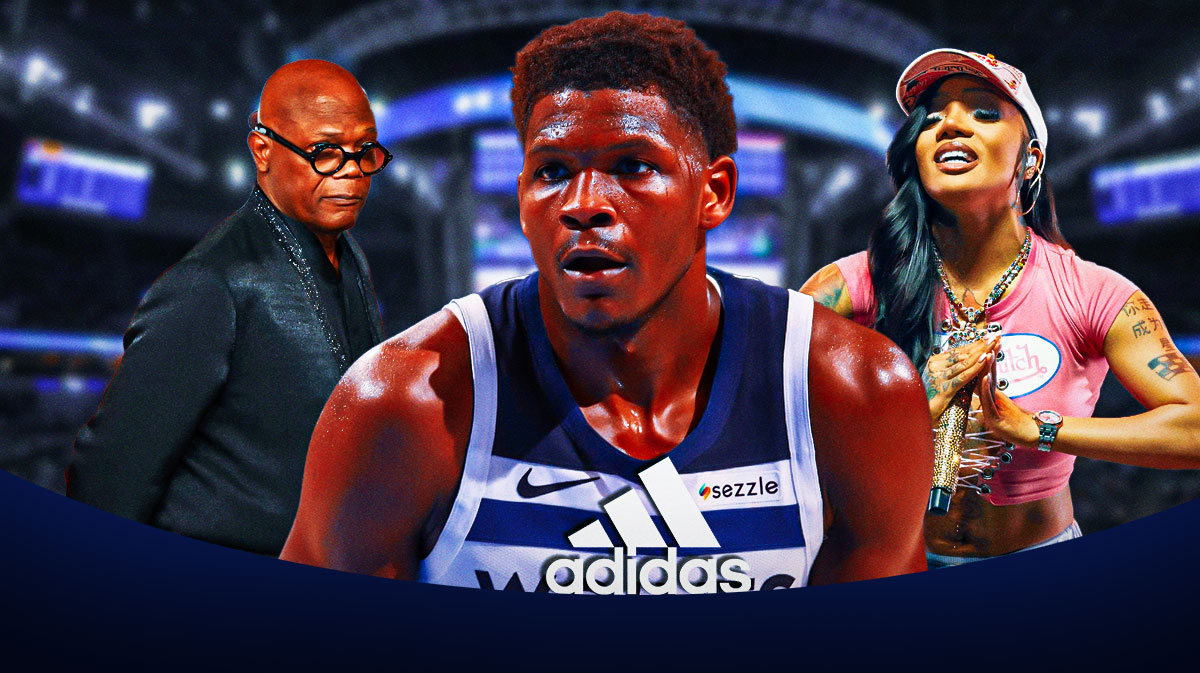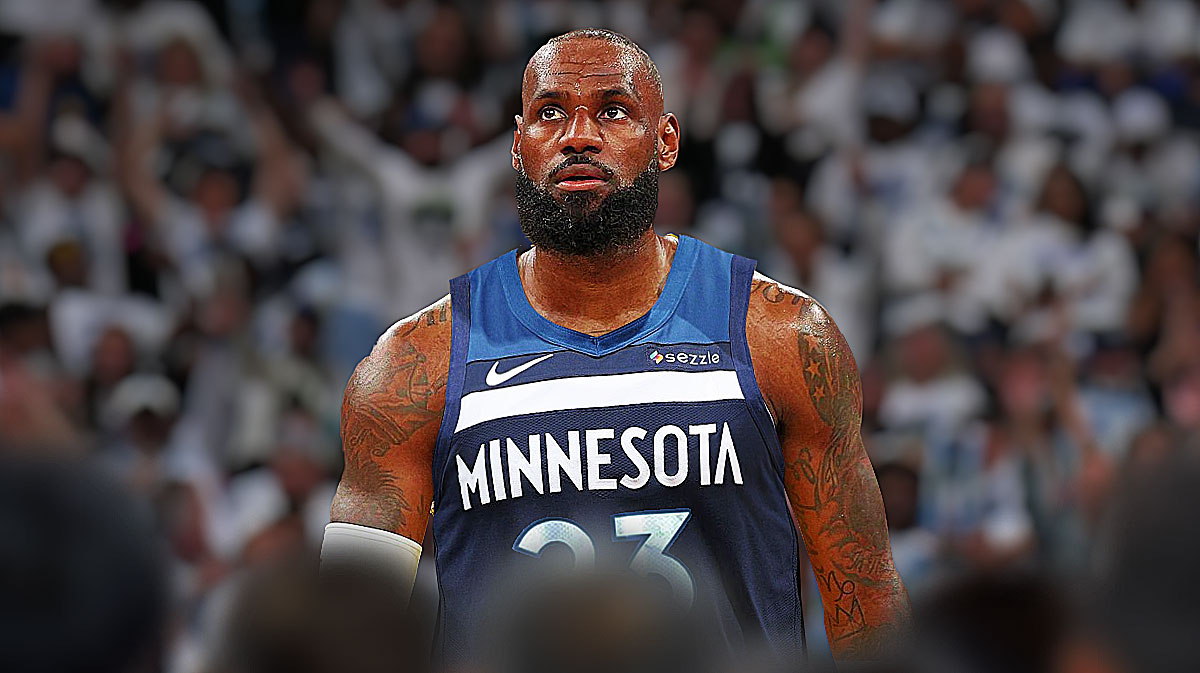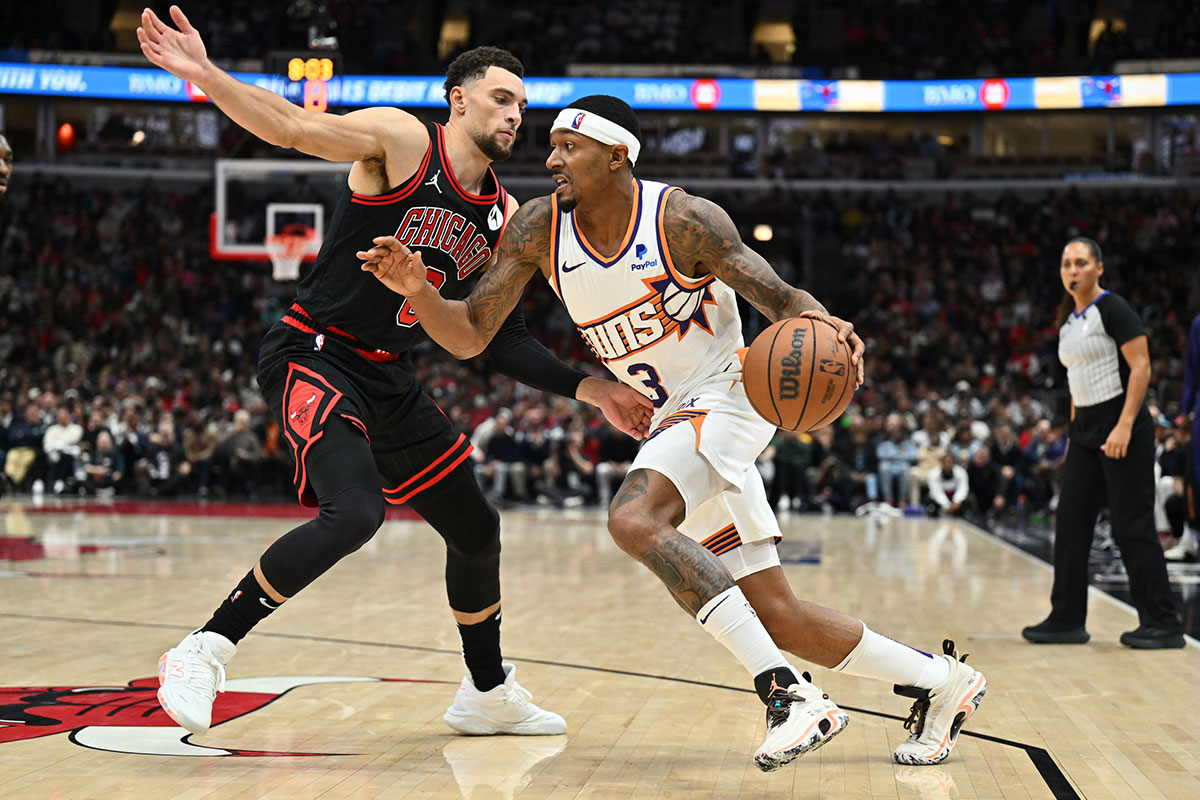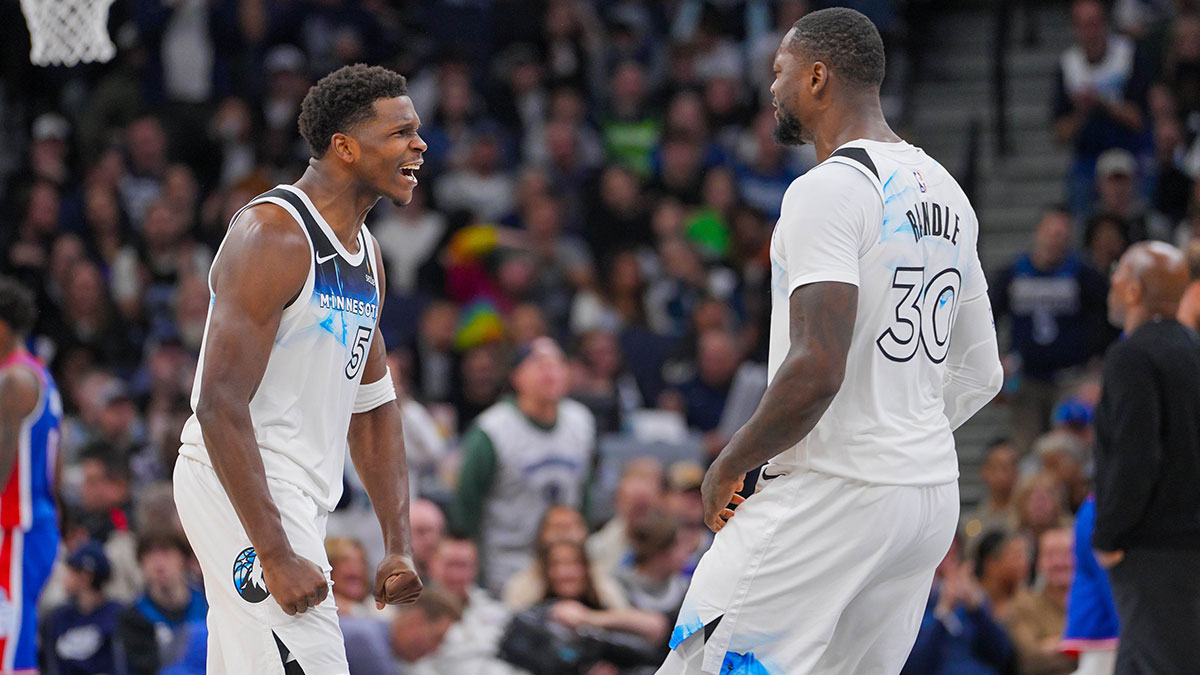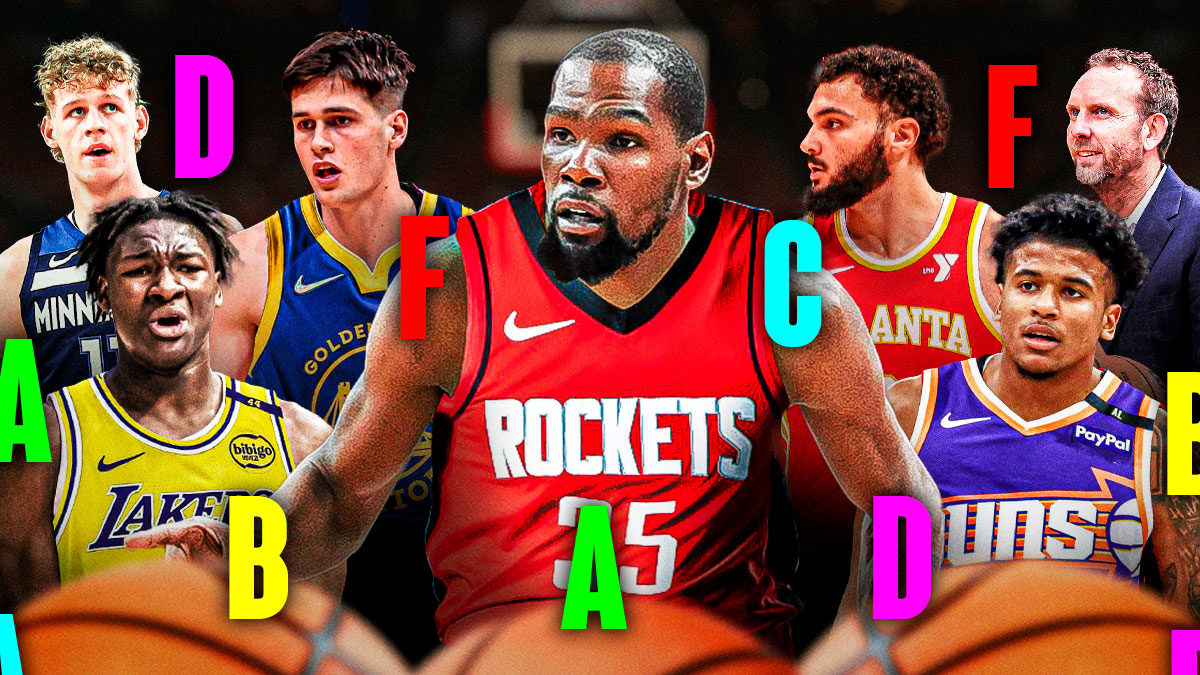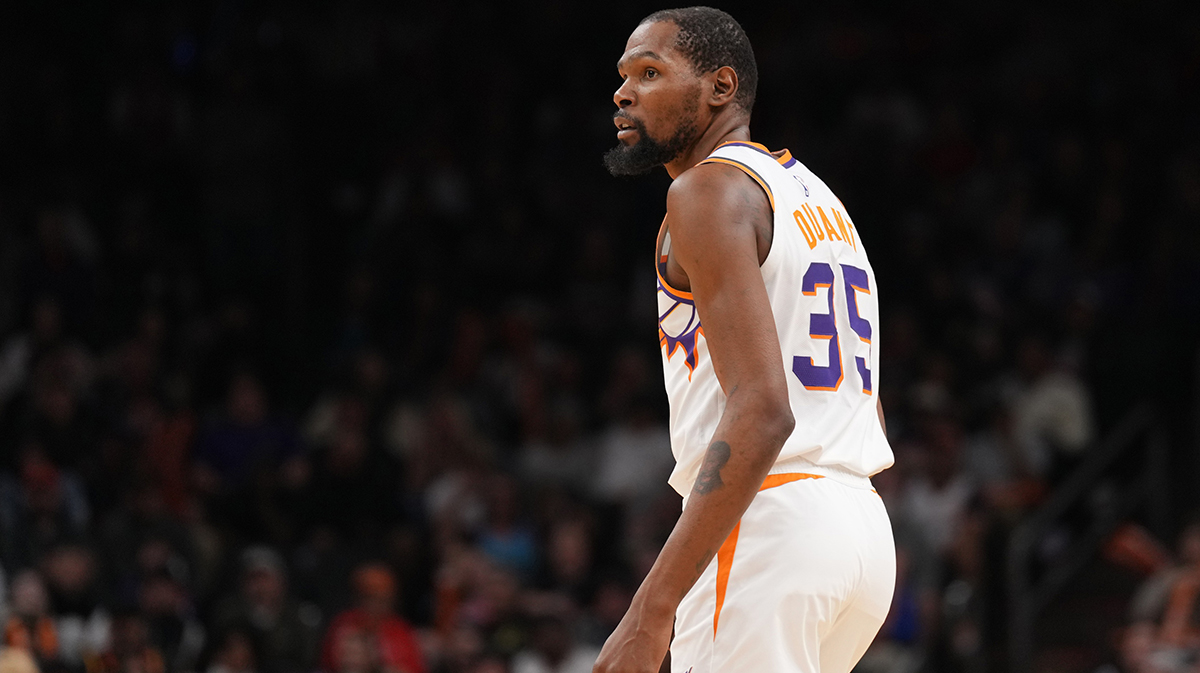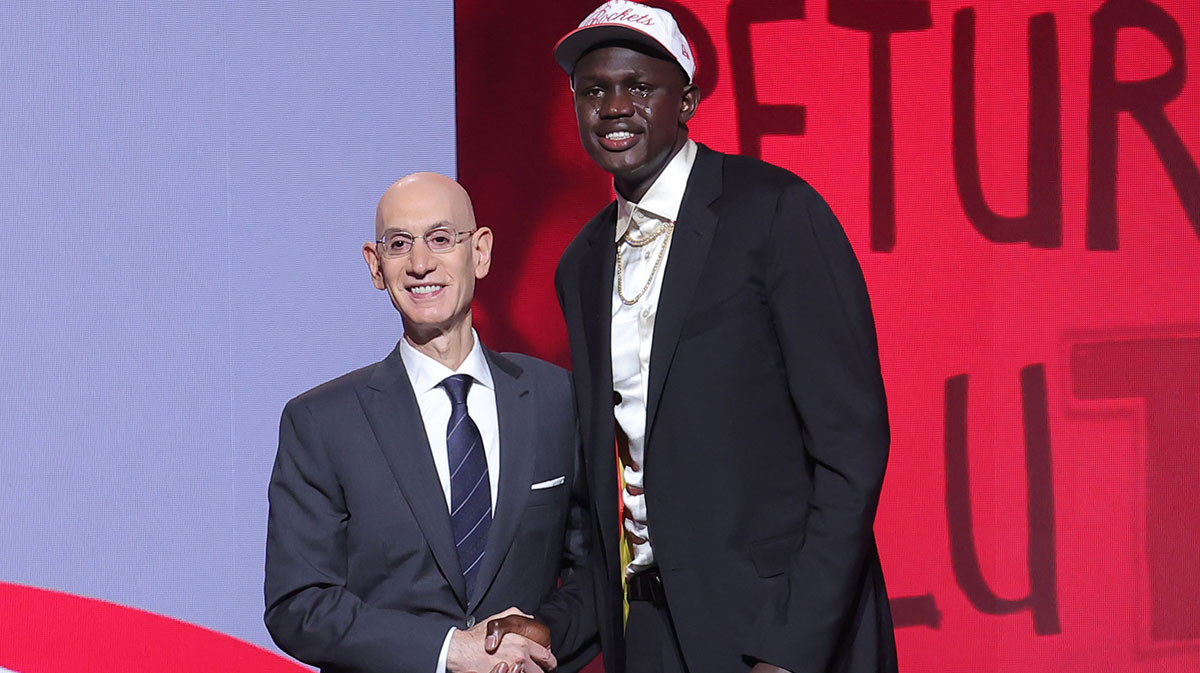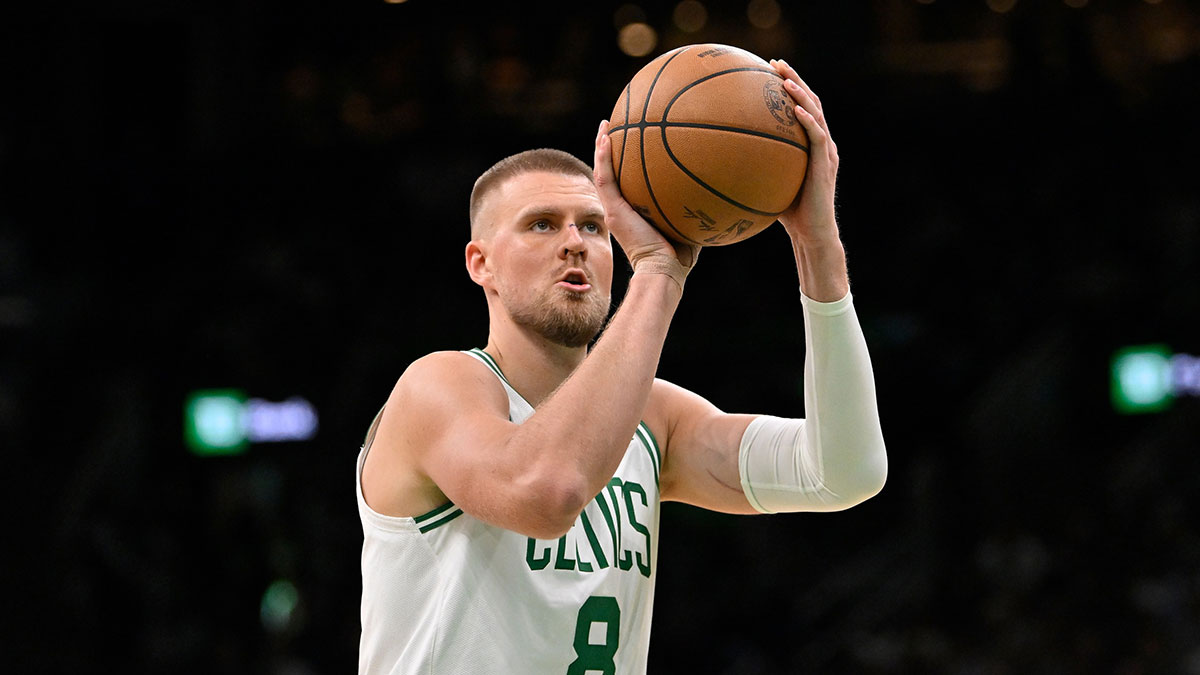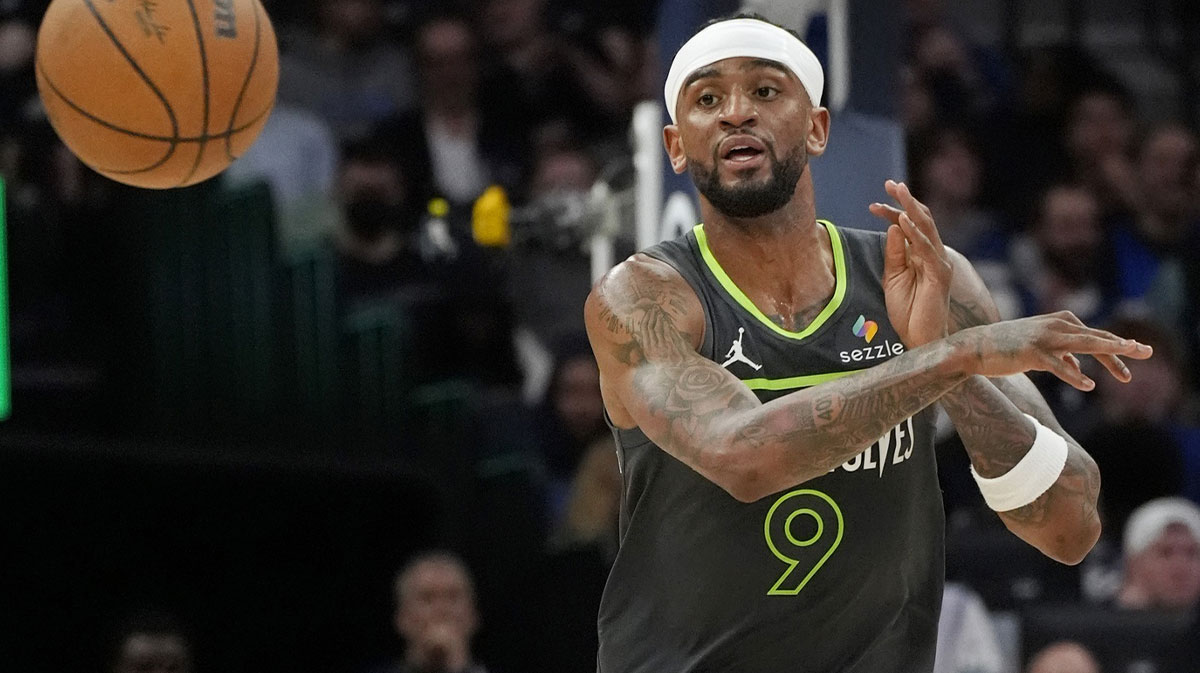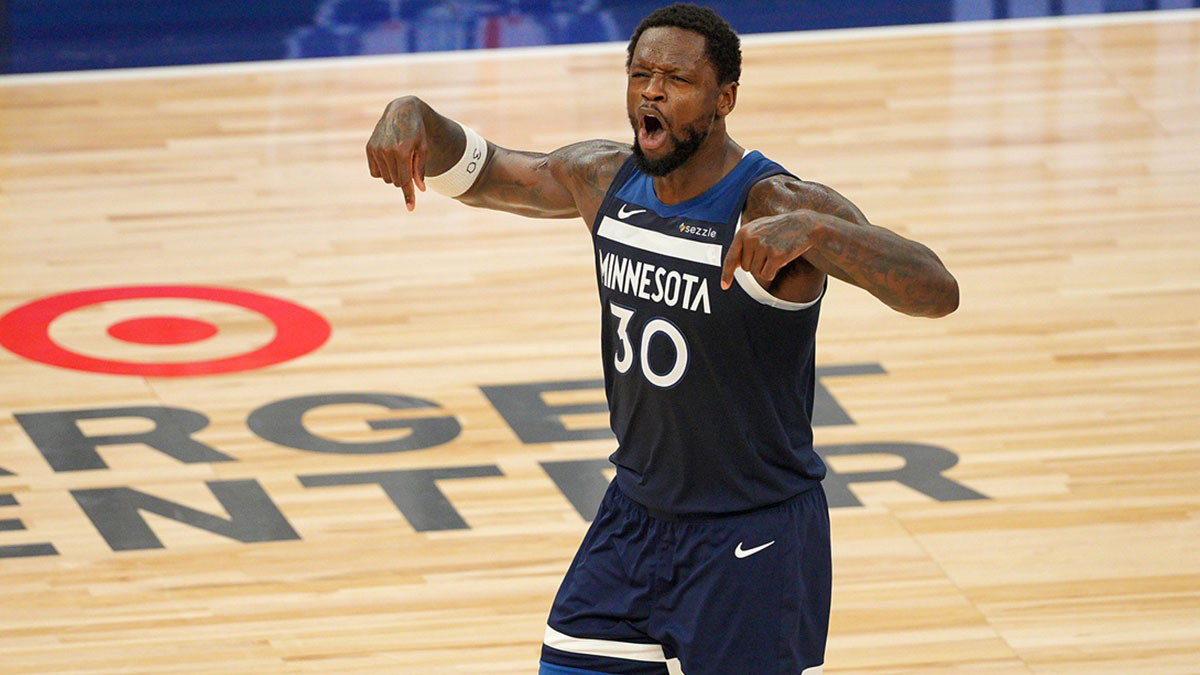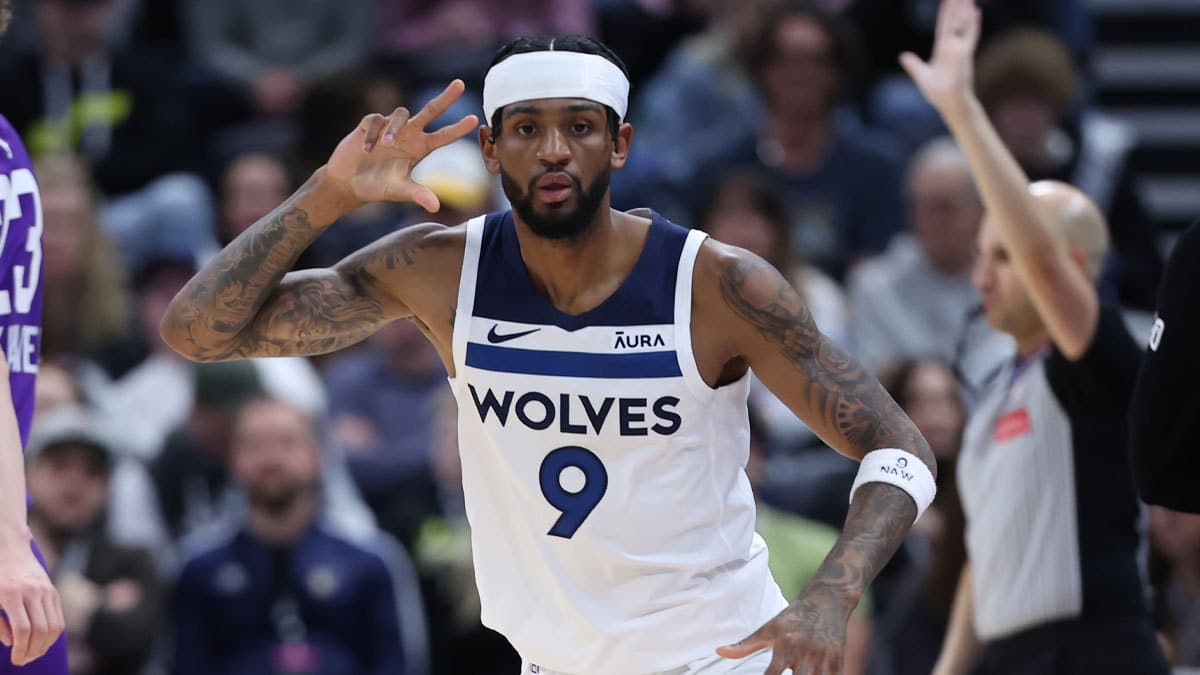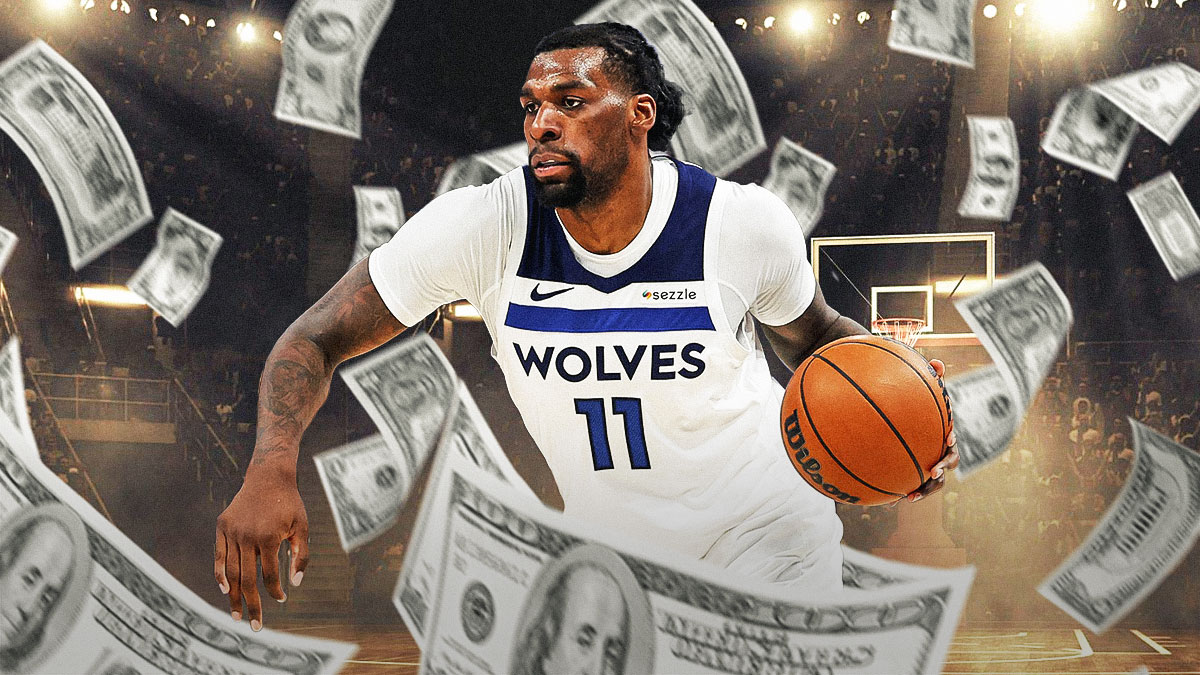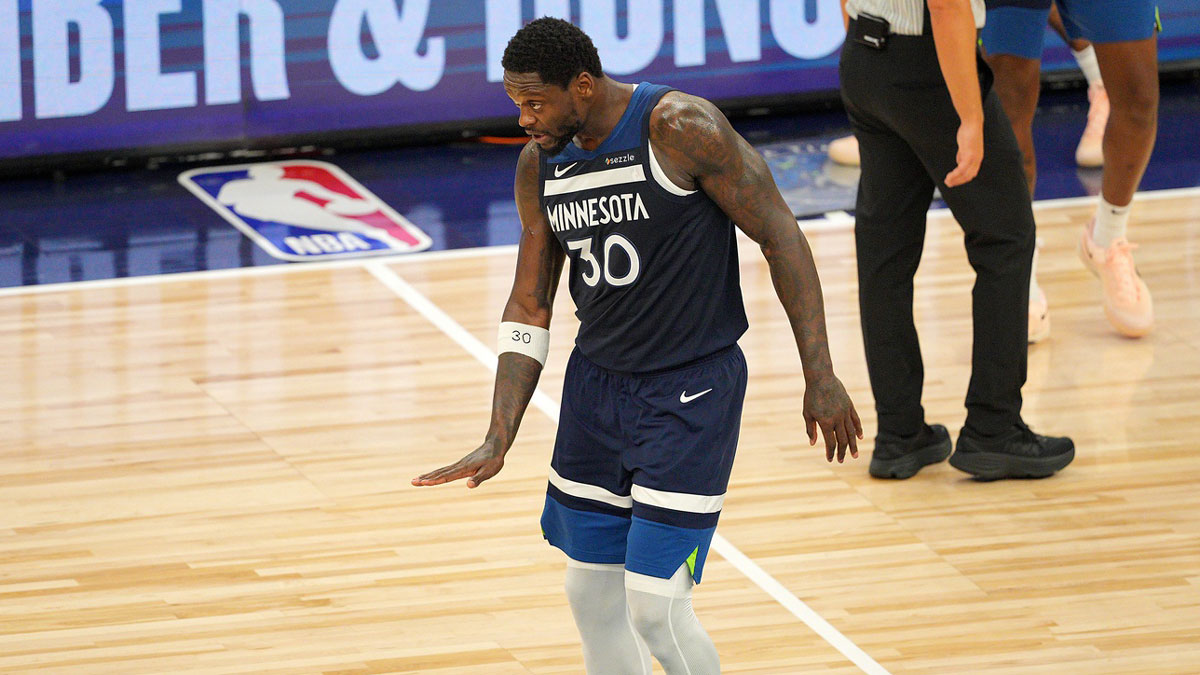It's a new era for the Minnesota Timberwolves.
Gone are Tom Thibodeau and others who prevented Minnesota from joining the modern age of NBA basketball, replaced by a combination of forward-thinking decision-makers who both maintain the Timberwolves' longstanding sense of family and will no doubt stray from that organizational edict to push the team to new heights.
But rookie coach Ryan Saunders, son of the late franchise legend Flip Saunders, and first-year President of Basketball Operations Gersson Rosas can only contribute to winning from the sidelines and front office so much.
It's on Minnesota's players more than anything or anyone else to turn the tide in 2019-20, and these three players face the biggest pressure to do so.
3. Jeff Teague

Teague was never a good fit with Minnesota's roster. He signed a three-year, $57 million with the Wolves in the opening hours of free agency two summers ago, a ball-dominant point guard with limited shooting and playmaking ability brought in to play alongside Karl-Anthony Towns, Andrew Wiggins, and Jimmy Butler.
Butler is gone now, of course, and Wiggins has failed to live up to the promise he showed over the first three seasons of his career. But Teague's game is still a less-than-ideal fit for Minnesota unless he manages to curb his penchant for over-dribbling, make quicker decisions, and both take more and make more three-pointers. He attempted only 2.5 triples per game last season, the second-lowest mark of his career since becoming a starter, hitting them at a subpar 33.3 percent clip.
Teague can still be a positive player. He's tough to stay in front of when fully engaged, and is far better suited playing in the four-out, uptempo offensive attack being implemented by Saunders and Rosas than Thibodeau's woefully outdated system. But Teague's game has always been more about speed and athleticism than skill, and at 31, he's clearly on the downside of his physical prime.
Teague is likely to part ways with Minnesota this summer barring something close to a career-best season.
If he doesn't play well in an offensive scheme and role better suited to his talents, though, Teague could find himself forced to take an even bigger pay cut than the one that will inevitably come regardless.
2. Karl-Anthony Towns

Towns, to be clear, is in no danger of losing his status as Minnesota's franchise cornerstone. He quietly put together one of the most impressive second halves for any big man ever last season, taking his game to a new level once Saunders replaced Thibodeau on the sidelines in early January.
Towns averaged 26.8 points, 12.4 rebounds, 3.7 assists, and 1.3 blocks in his last 37 games, shooting 54.1 percent from the field and 42.2 percent from beyond arc on high volume – good for a ridiculous true shooting percentage of 64.5, per Basketball Reference.
One problem: Minnesota was barely better than league average offensively over that timeframe and far worse on the other end of the floor, where it defended slightly better when Towns was on the bench. There's a lot of noise to those numbers.
The Timberwolves should be better offensively this season playing a style relying on tenets of pace and space, and the return of an elite defender like Robert Covington, who didn't play a single game under Saunders last season due to injury, should benefit them immensely.
Minnesota, finally, is doing everything it possibly can to develop Towns into the type of singular force who wills his team to the playoffs and contends for MVPs on an annual basis. The team certainly won't give up on him if he fails to take the steps needed to get there this season.
But with every year the Timberwolves underwhelm, it becomes fairer and fairer to re-assess Towns' viability as a true, franchise-changing blue-chipper.
1. Andrew Wiggins

Minnesota would have traded Wiggins this summer if the right deal presented itself. There were rumors all offseason about him potentially being moved, but they ultimately amounted to nothing after Rosas couldn't find a team that was willing to treat the former No. 1 pick as something better than a negative trade asset.
That makes sense, too. Wiggins had arguably the worst statistical season of his career in 2018-19, and his five-year, $147.7 million max extension signed last summer only kicks in this coming season.
As a result, the Timberwolves are forced to give the 24-year-old another chance to realize at least a portion of his sky-high potential, and have said all the right things this summer about prioritizing his growth.
Wiggins, long prone to hoisting difficult two-point jumpers at which he's never been proficient, should be helped offensively by Minnesota's newfound adherence to taking shots with a high expected efficiency. He came alive at times last spring after being pressed into more ball-handling duties than he'd shouldered since Butler was acquired in 2017, and took small but important strides defensively and in terms of overall engagement. Clearly, he's most comfortable under a so-called player's coach like Saunders.
None of that will matter unless Wiggins first improves as a three-point shooter and team defender, the lowest adjusted expectation that would be acceptable for a player of his talent and contract. If he does it, Wiggins could re-emerge as an extremely valuable piece for Minnesota going forward.
Otherwise, he'll almost certainly continue his career elsewhere, paving the way for rookie Jarrett Culver to establish himself as Towns' running mate on the wing.

